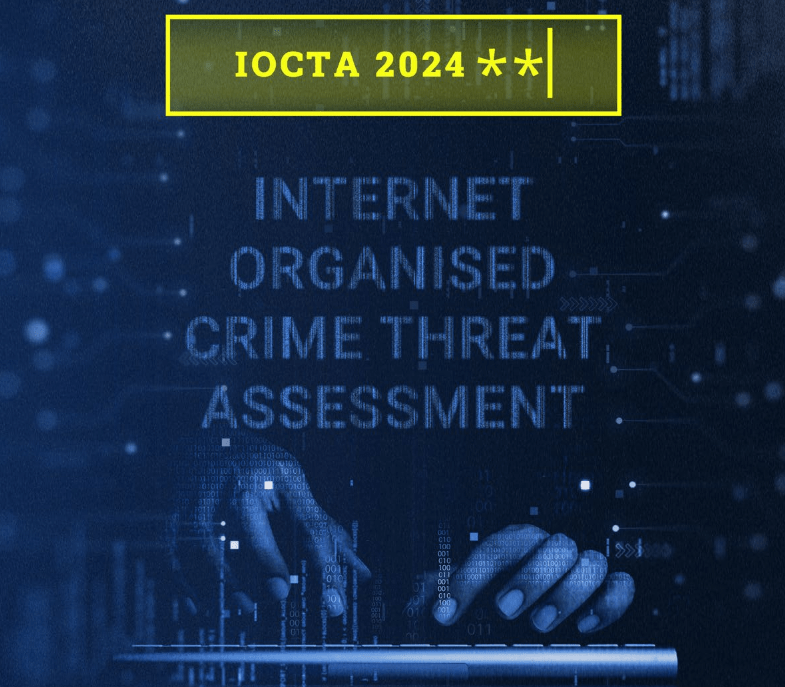The latest research from Europol called the Europol Internet Organized Crime Threat Assessment makes it clear how thieves’ use of Bitcoin is changing. The report talks about the use of stablecoins like Tether (USDT) and Bitcoin for illegal activities, and how Monero is becoming more popular for private transfers, among other key findings.
Bitcoin: The Cybercrime Kingpin?
The Europol study highlights how improbable it is that Bitcoin’s significance in cybercrime will change very soon. The proven popularity of Bitcoin and the wide range of exchanges and services supporting it make it a constant tool for crooks.
Law enforcement departments are not, however, sitting about. By employing blacklisting features in stablecoins, authorities have been able to freeze dubious money, therefore displaying a proactive strategy in the fight against crypto-related crime.
Monero: New Darling Of The Dark Web?
Although Bitcoin is still the most often used cryptocurrency, Monero’s appeal among hackers is remarkable. For anyone trying to hide their financial activities, Monero’s design emphasizes anonymity and privacy. Unlike the open ledger of Bitcoin, Monero makes it difficult for law authorities to follow illegal activity by blurring transaction data using sophisticated encryption methods.
Monero’s unique qualities, the IOCTA said, make it the most ideal for covering illicit activity. Its stealth addresses and covert transactions let crooks go undetectable. Monero is frequently used to purchase illegal goods on the dark web, according to Europol, which enhances its standing as a tool for crime.
Monero is prized for lawful privacy-oriented financial transactions even if it is utilized controversially in criminal operations. This dual character emphasises how difficult it is to handle privacy-centric cryptocurrencies in the legislative scene. Law enforcement departments have to strike a compromise between respecting people’s financial privacy rights and their necessity to fight crime.
Other Major Discoveries
In its key findings, Europol has discovered that daily cyberattacks target millions of EU citizens and small and medium-sized businesses. Criminals make money through phishing, investment fraud, and internet exploitation. With the development of bitcoin ETFs, new customers may fall into the trap.
The report also disclosed that hackers are getting smarter and using Artificial Intelligence to make processes run more smoothly. AI-driven deepfakes and automatic bribery systems make it very difficult for authorities to locate criminals.
Europol recommends improved public-private collaboration to address these issues. The organization advises law enforcement to train more in blockchain technology and team up more with blockchain analytics firms. These procedures equip law enforcement with the tools and information to combat bitcoin crimes in the evolving environment.
Featured image from Shutterstock, chart from TradingView
Bitcoinist.comRead More


